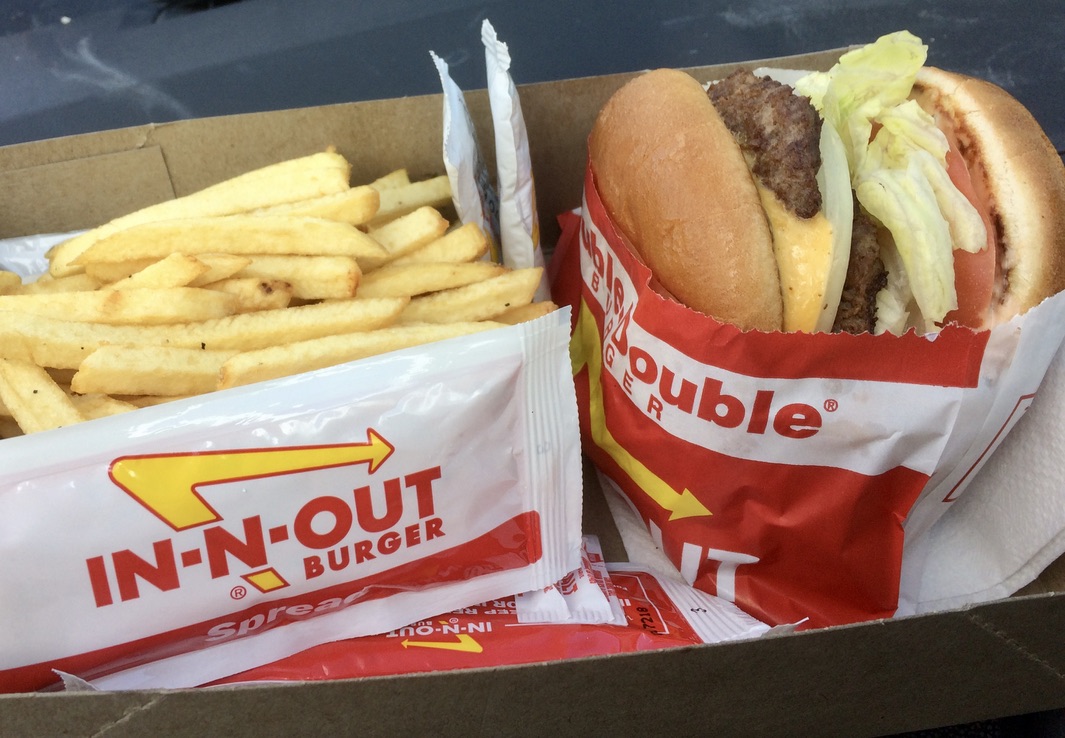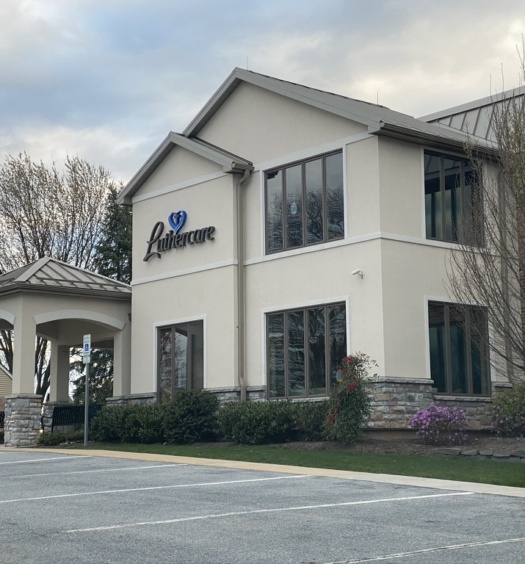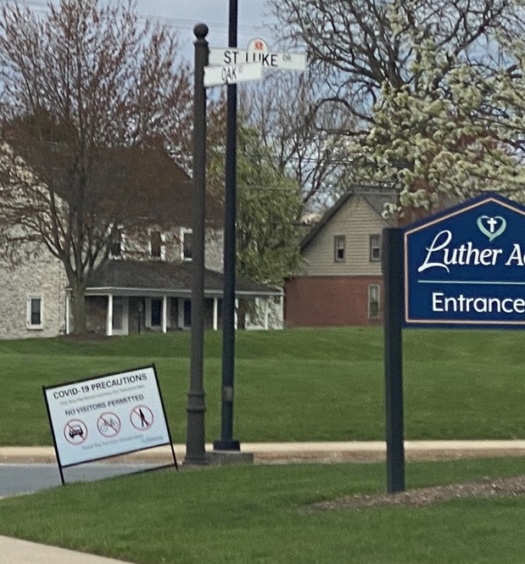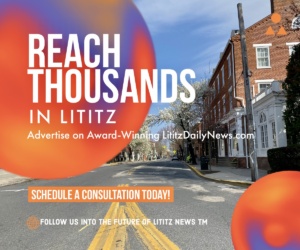Fast Time and Fast Food: A Column by Lynn Rebuck
A friend who used to drive for the Amish (a car, not a team of mules) told me that when arranging pickup times, the Amish would inquire whether the pickup time she stated was “fast time” or “slow time.”
Fast time is how the Amish refer to our odd practice of changing the time arbitrarily based on the calendar and someone’s bright (no pun intended) idea. Clearly, “Fast Times at Amish High” have a whole different meaning than at Ridgemont.
It seems that the cows belonging to the Amish pay udder disregard (pun intended) to the man-made ritual of time change, and prefer to give their milk as previously scheduled. This year I was reminded that the great state of Arizona opts out of the switch to Daylight Saving. So why is Arizona so rebellious? Do they just like to make it difficult for airline travelers who panic about making it to their Phoenix connecting flights in time?
To complicate things even further, the Navajo Nation, which is located within the boundaries of Arizona, follows Daylight Savings. However, the Hopi Nation, which is surrounded by the Navajo Nation in Arizona, does not. So, if you are hoping on picking up a Hopi friend in Arizona soon after the switch to Daylight Savings, you’d better take extra care in coordinating schedules. It is possible that this predicament could wind up being a word question in a math text.
Hawaii doesn’t change the clock either. They are still “hanging ten” while the rest of us are hanging eleven. So what gives these states the freedom to regulate their own time? Well, states have the right to opt-out of Daylight Savings under the federal Uniform Time Act of 1966. They need only pass a state law to do so, as Arizona and Hawaii have done.
In 1987, an extension to Daylight Savings Time was enacted as part of another federal bill. What was the driving force behind that change?
French fries.
Yes, you read that right. French fries.
You see, with corporate money in their pockets, a group of lobbyists formed a coalition on behalf of charcoal makers, convenience stores (who prefer daring daylight robberies), and yes, fast food chains, who discovered that longer daylight hours meant more money for them.
“They saw an increase in sales…on the last week of Standard versus first week of Daylight Saving Time, and as a result, McDonalds and a lot of those organizations became extremely active in our effort to pick up April,” said James Benfield, the former director of that alliance, the Daylight Saving Coalition, before Congress in 2001.
Benfield then testified to his influence in getting the bill passed as law: “I was able to get both Idaho senators to vote for Daylight Saving Time on the basis of selling more French fries because they supply potatoes.”
Apparently, members of the committee laughed at his remark.
He continued his statement before the committee:
“So it is kind of humorous and you can laugh at it, but it shows that I was able to get two votes from Idaho based on French fries and connected it to Daylight Saving Time. And if you can see the economic patterns as being highly complex and all these unintended consequences, I suggest that the energy issue may be every bit as complex, that you will push it down here, and it will pop up over here for another reason.”
Is the health care issue every bit as complex?
As of Sunday night’s historic vote in Congress, or as I call it “Waffle House,” we now have nationalized health care.
Do you want fries with that?
© 2010-2022 Lynn Rebuck.
This column was first published in 2010.

Editor Lynn Rebuck at the White House.
Lynn Rebuck writes an award-winning humor column that appears on LititzDailyNews.com. She has been an invited guest of the White House and received recognition for her column from the National Society of Newspaper Columnists and Pennsylvania NewsMedia Association.













